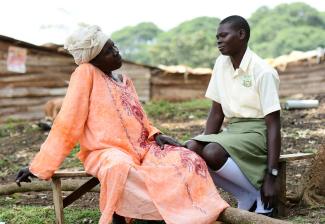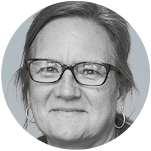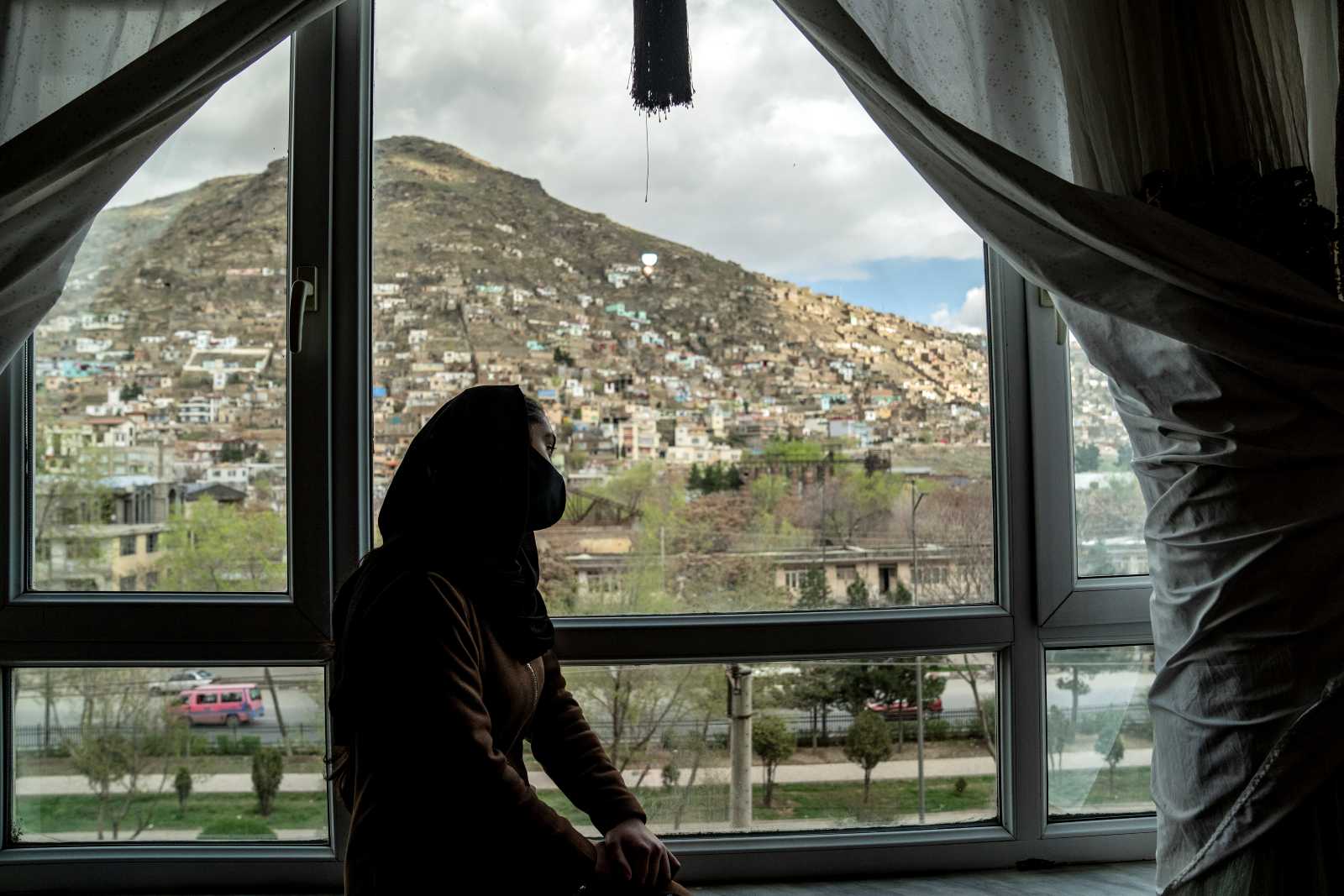Novel
Experiencing feminism in Uganda

Kirabo, the protagonist of the 2020 novel „The First Woman“, is growing up in a Ugandan village in the 1970s under the loving care of her grandparents. Kirabo has never met her mother, and her father lives with his new wife and two children in Kampala.
As an adolescent, Kirabo moves to her father’s home in Uganda’s capital. It is an abrupt change from her previous middle-class village life. She is confronted with an almost western urban lifestyle. Later, thanks to a scholarship, she attends a boarding school for girls, where the staff make every effort to prepare the girls for a meaningful life for themselves and their country.
This coming-of-age novel is exciting to read, but it captivates readers less through its plot and more through the depth and complexity with which it portrays various characters, times and places.
A central theme of the novel is the role of women in Uganda’s patriarchal society. Kirabo is always accompanied by strong, yet very distinct women who influence her development. Makumbi relies on these women to tell the story of Ugandan feminism, or “mwenkanonkano” in Luganda. It is a story of Ugandan women’s daily fight against oppression of every kind.
Kirabo also struggles with her social role. Despite the love that she receives from her grandparents and the entire village community, she is searching for her mother. When she is 12 years old, she describes feeling like two souls live within her. She wonders whether she is a witch, and if that’s the reason her mother left her. Hoping to find an answer, she seeks out the solitary
Nsuuta, who is a witch according to her grandmother. Kirabo tells her that she sometimes feels like she is leaving her body, especially when someone forbids her to do something because she is a girl. That makes her want to do it even more.
Sometimes she hates being a woman and feels squeezed inside her body. That’s when one of her souls flies away, she says. Nsuuta explains that she leaves her body because “the original state” is within her. She calls this “the first woman”. “We were huge, strong, bold, loud, proud, brave, independent,” Nsuuta says. But women in their original state were rejected by society and suppressed for centuries. Nsuuta explains that the original state was bred out of women.
The women around Kirabo handle their situations very differently. Each develops her own strategy to subvert the patriarchy and live in, and survive, the prevailing system. Makumbi shows that they are all feminists in their own way. But the author makes it equally clear that men also have difficulties breaking out of the system and the roles assigned to them, even if they want to.
World Conference on Women, Mexico, 1975
Makumbi’s novel is largely set in Uganda in the 1970s and 1980s, when attention to the World Conference on Women in Mexico brought rich countries’ ideas of feminism to Africa. Yet these concepts were only received by the English-speaking urban middle class, not by people in rural areas or poorer segments of the population.
The dominant ideas of this type of feminism do not correspond with the experiences of most Ugandan women. Nevertheless, feminist notions are already rooted in their own indigenous traditions and stories. They do not find expression in rallies and demonstrations, but are rather transmitted through oral traditions, stories and legends within communities, from generation to generation.
In her novel, Makumbi emphasises that women are not oppressed in the same ways around the world. Instead, oppression is culturally specific. For that reason, feminism cannot mean the same thing in all countries and cultures and has to be expressed differently in different contexts.
Book
Makumbi, J. N., 2020: The first woman. London, Oneworld Publications.
Dagmar Wolf is E+Z/D+C’s office manager.
euz.editor@dandc.eu














